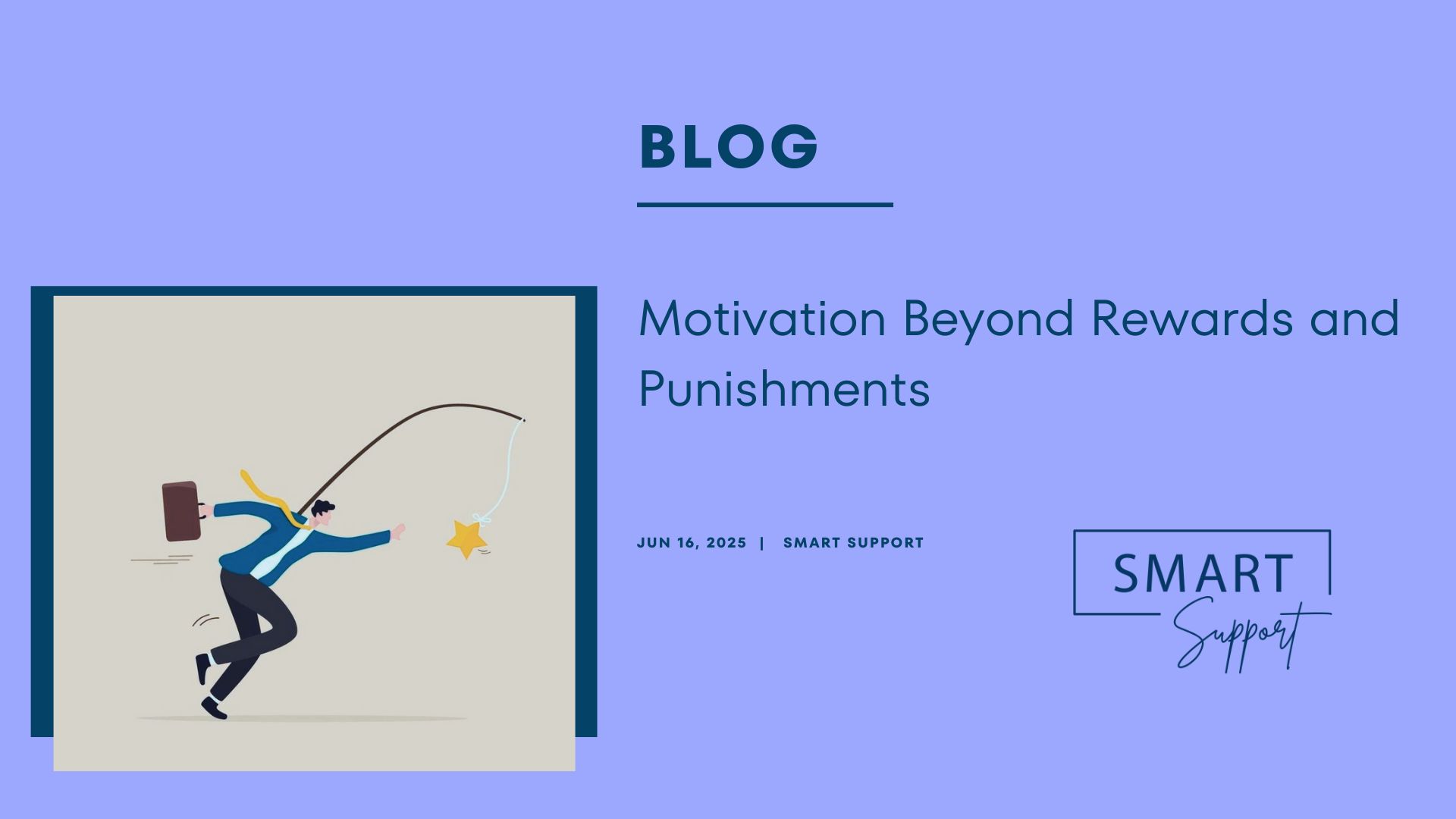Motivation Beyond Rewards and Punishments
In the modern workplace, the main means of motivation is often based on the reward-punishment principle. On the one hand, bonuses, discounts, incentives, and on the other, criticism or reprimands. Many companies consider this method to be a successful way to manage employees and customers. However, experience shows that there are significant limitations to such an approach.
The reward-punishment system promotes behavior change, but it fails to build trust. A person who acts only because of external incentives or fear rarely tries to understand why his work is important. Thus, decisions often serve short-term goals, because motivation does not come from within, but from outside in the form of incentives.
The problem is that extrinsic motivation easily changes a person’s direction if he sees a better reward somewhere else.
The system of external motivation, reward, may work once, twice, but over time its effectiveness wears off. A person gets used to the reward or is afraid only of punishment. He works at a level that is sufficient to maintain a minimum of motivation. As a result, the workplace turns into a formal relationship and there is no longer any room for sincere cooperation, new ideas and trust.
Motivation that comes from within, that is, that which is connected with a person’s values, beliefs and goals, is much more powerful. When a person understands what his work serves and what the whole team is fighting for, he sees himself as part of this story. In this case, he does not need constant encouragement or punishment; he works because he believes in his work and with this belief strives for a better result.
In a team where people act with intrinsic motivation, ideas flow freely, trust is strong and responsibility is understood. Such an environment is not only productive, but also healthier.
Motivation that is based solely on rewards or punishments produces quick but superficial results. If we want people to find their place in a common purpose, we must help them understand and feel why they do what they do. Trust, initiative, and commitment begin where people see the value of their contributions. This is what creates strong teams, true partnerships, and long-term results.


